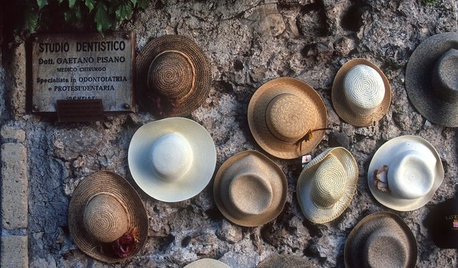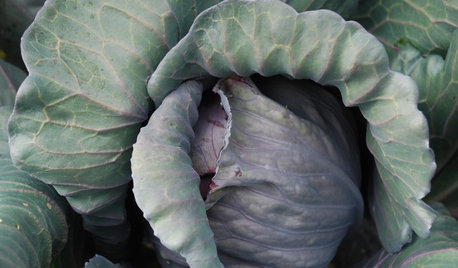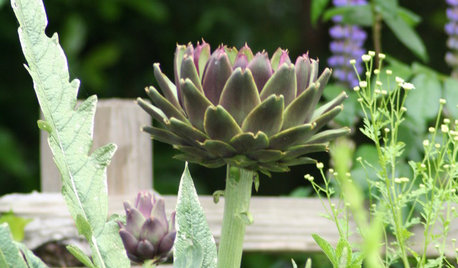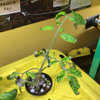What is natural?
joe.jr317
14 years ago
Related Stories

COLORNature’s Color Wisdom: Lessons on Earth Tones From the Great Outdoors
Look to the land for hues that are grounding, soothing and endlessly versatile
Full Story
DECORATING GUIDESNature’s Color Wisdom: Lessons on Green From the Great Outdoors
Green will grow on you for interiors when you look outside for ideas on how to use it
Full Story
COLORNature’s Color Wisdom: Lessons on Red From the Great Outdoors
Dab some of Mother Nature’s rouge around the home for an eye-opening look
Full Story
COLORNature’s Color Wisdom: Lessons on Yellow From the Great Outdoors
Let the sunshine in. These ways to use yellow will cheer up your interiors and make Mother Nature proud
Full Story
LANDSCAPE DESIGNFollow Nature’s Lead for Artful Stacked Stones
Surprise and delight in the landscape with rock formations resembling wildland hoodoos and cairns
Full Story
COLORNature’s Color Wisdom: Lessons on White From the Great Outdoors
Blizzard fierce or butter soft, white can highlight shapes, unify a room and perform miracles on the cheap
Full Story
DECORATING GUIDESNature’s Color Wisdom: Lessons on Pink From the Great Outdoors
Leave your assumptions about pink at the princess playhouse door. Head outside instead for shades from shocking to subtle
Full Story
COLORNature’s Color Wisdom: Lessons on Blue From the Great Outdoors
Take some cues from the sea and sky to find a blue to match any taste and mood
Full Story
RUSTIC STYLEWhen Mother Nature Meets Your Modern Nature
Longing for a cabin feel that suits your modern tastes? Here are some ingredients for the perfect aesthetic blend
Full Story
DECORATING GUIDESNature’s Color Wisdom: Lessons on Lavender From the Great Outdoors
Pluck some lavender hues for the home and watch tranquility — and maybe even a little magic — take hold
Full StoryMore Discussions







freemangreens
bilberrybrian
Related Professionals
Carson Landscape Architects & Landscape Designers · Eden Prairie Landscape Architects & Landscape Designers · Foothill Ranch Landscape Architects & Landscape Designers · Manhattan Beach Landscape Architects & Landscape Designers · Manorville Landscape Architects & Landscape Designers · Bedford Landscape Contractors · Biloxi Landscape Contractors · Deer Park Landscape Contractors · East Haven Landscape Contractors · East Patchogue Landscape Contractors · Palm Beach Gardens Landscape Contractors · St. Louis Landscape Contractors · Tustin Landscape Contractors · Casselberry Landscape Contractors · Cheshire Gardeners & Lawn Carejoe.jr317Original Author
willardb3
freemangreens
grizzman